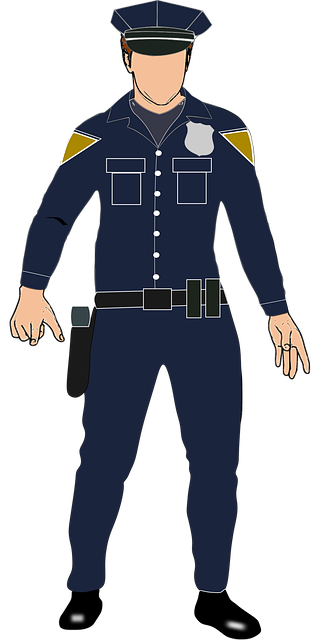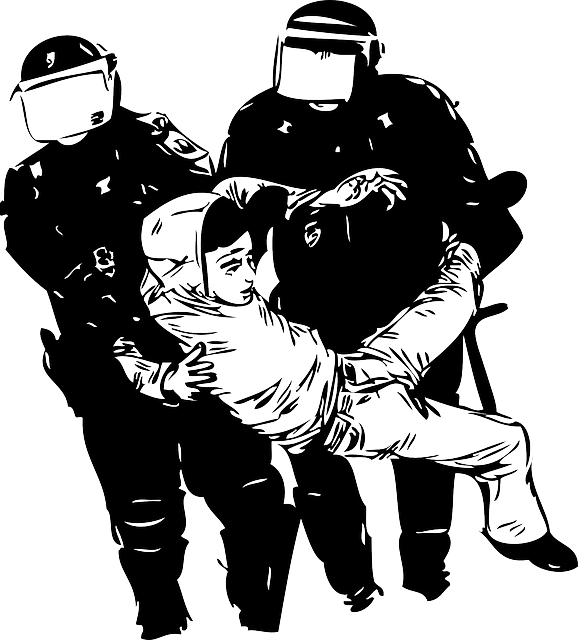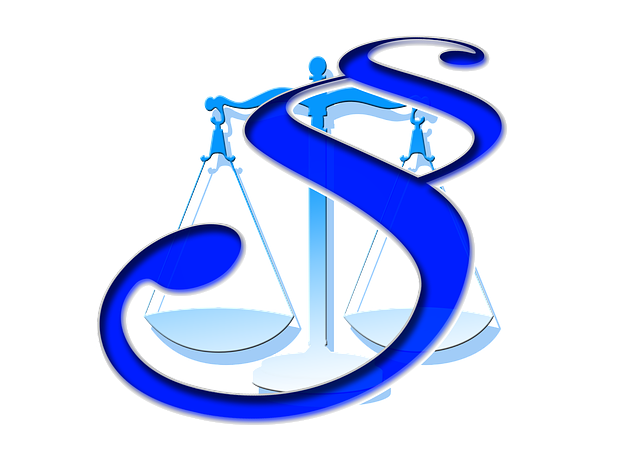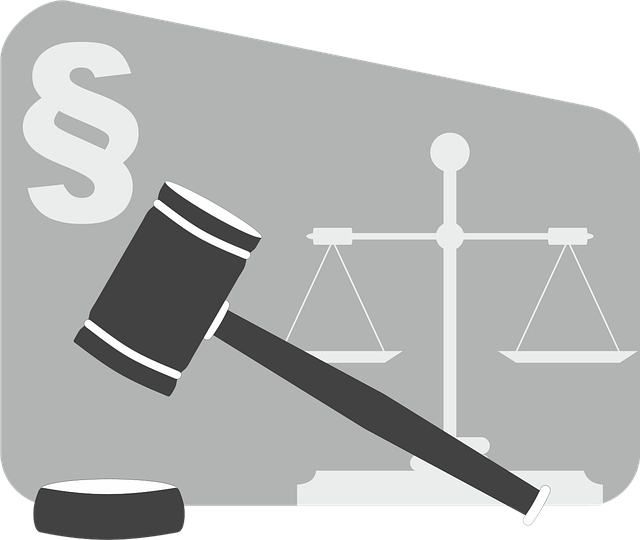Consumer Protection Laws safeguard individuals from business misconduct, offering a comprehensive framework for seeking redress, including various types of compensation for personal injury such as medical bills, wage replacement, and pain and suffering. Understanding these laws is crucial for consumers pursuing compensation, enabling them to secure favorable outcomes against corporate defenses. A systematic approach involves identifying legal violations, collecting evidence, consulting with an attorney specializing in consumer law, and filing a complaint with the appropriate regulatory body or court. Effective strategies are essential for achieving justice, especially against white-collar crimes impacting individuals, philanthropies, and political communities.
Consumer protection suits play a vital role in safeguarding individuals from unfair business practices, especially in personal injury cases. This article delves into the intricate world of consumer rights, focusing on understanding the legal framework and exploring the various types of compensation available to consumers. From assessing damages to navigating the legal process, we provide a comprehensive guide. Learn about the steps to file a successful suit, ensuring justice and fair redress for any harm suffered due to negligence or deceptive acts, especially highlighting the significance of Types of Compensation for Personal Injury.
- Understanding Consumer Protection Laws and Their Role in Personal Injury Cases
- Types of Compensation: Exploring Damages and Remedies for Consumers
- Navigating Legal Process: Steps to File a Successful Consumer Protection Suit
Understanding Consumer Protection Laws and Their Role in Personal Injury Cases

Consumer Protection Laws play a pivotal role in personal injury cases, offering a safety net for individuals harmed by defective products or unfair business practices. These laws are designed to protect consumers from businesses that engage in misleading advertising, sell unsafe goods, or violate contractual obligations. In the event of a personal injury caused by such violations, these legal frameworks provide a framework for seeking redress and achieving extraordinary results.
Understanding these laws is crucial when pursuing compensation for personal injuries. They encompass various types of damages, including economic losses like medical bills and wage replacement, as well as non-economic damages for pain and suffering. Consumers who’ve suffered harm due to business misconduct can leverage these laws to win challenging defense verdicts and secure the Types of Compensation for Personal Injury they deserve.
Types of Compensation: Exploring Damages and Remedies for Consumers

When it comes to consumer protection suits, understanding the various types of compensation available is crucial. Consumers who have suffered personal injury or financial loss due to misleading practices can seek damages as a form of redress. These damages can encompass both economic and non-economic losses, such as medical expenses, lost wages, and pain and suffering. The goal of such compensation is not just to compensate the victim but also to deter future misconduct by holding businesses accountable for their actions.
In navigating these cases, consumers often face a challenging defense from corporations trying to protect their interests. However, with strong legal representation, individuals can achieve winning outcomes, including complete dismissal of all charges at any stage of the investigative and enforcement process. This ensures that justice is served and that consumers have access to effective remedies for their injuries.
Navigating Legal Process: Steps to File a Successful Consumer Protection Suit

Navigating the legal process to file a successful consumer protection suit requires careful steps. Firstly, identify the violation – whether it’s misleading advertising, unfair pricing, or product defects. This step is crucial as it determines the type of compensation sought, which can include monetary damages, restitution for affected consumers, or even injunctive relief to stop further harm.
Once the violation is clear, gather evidence such as purchase records, communications with the business, and any relevant documents. Next, consult with an experienced attorney who specializes in consumer protection law. They’ll guide you through the process, which involves filing a complaint with the appropriate regulatory body or court, depending on the severity of the case. Remember that a strong legal strategy is key to achieving justice and securing the types of compensation for personal injury that consumers deserve, especially when dealing with white collar and economic crimes. By working with professionals, individuals can hold businesses accountable and protect themselves and the philanthropic and political communities from further harm.
Understanding consumer protection laws is essential in securing justice and compensation for personal injury cases arising from defective products or unfair business practices. By navigating the legal process effectively, consumers can explore various types of compensation, including damages and remedies, to make amends for their suffering. Armed with knowledge about their rights, individuals can take proactive steps to file a successful consumer protection suit, ensuring that they receive fair treatment and reimbursement for any harm incurred.






